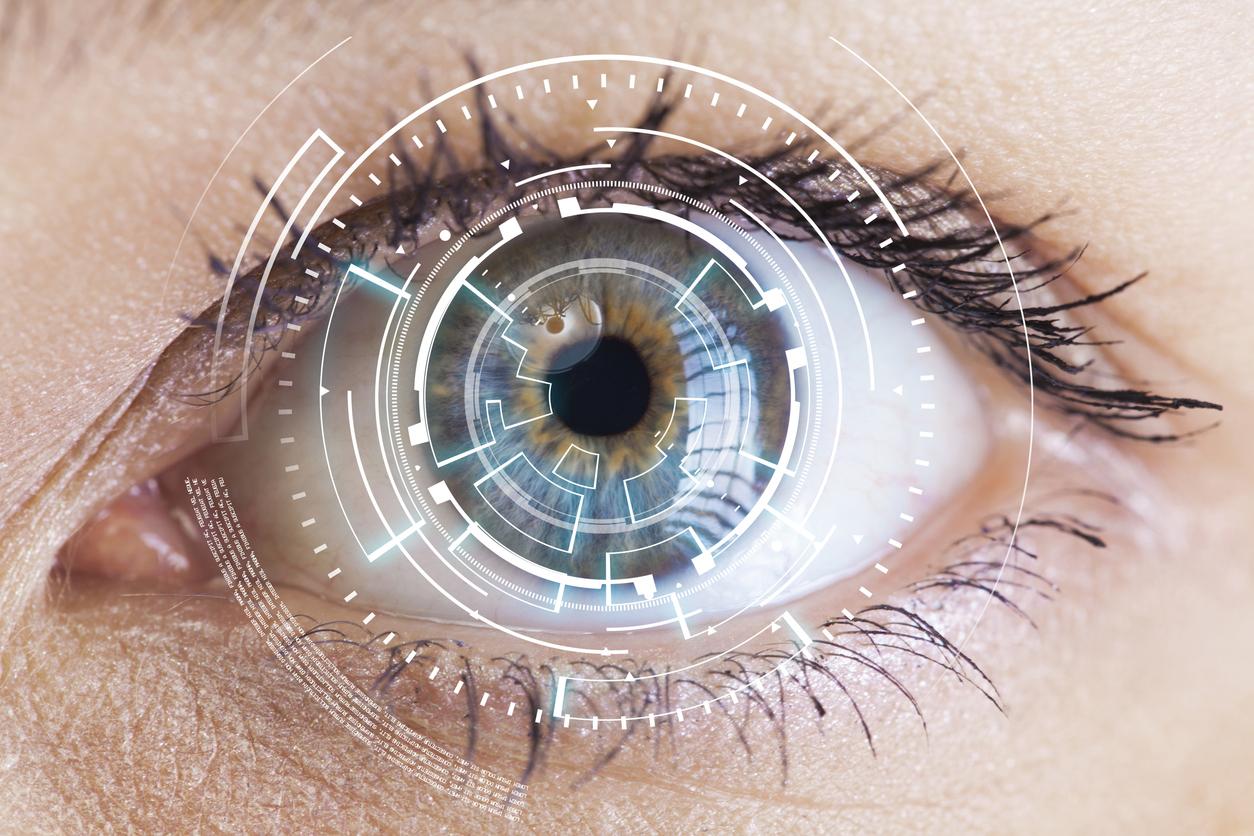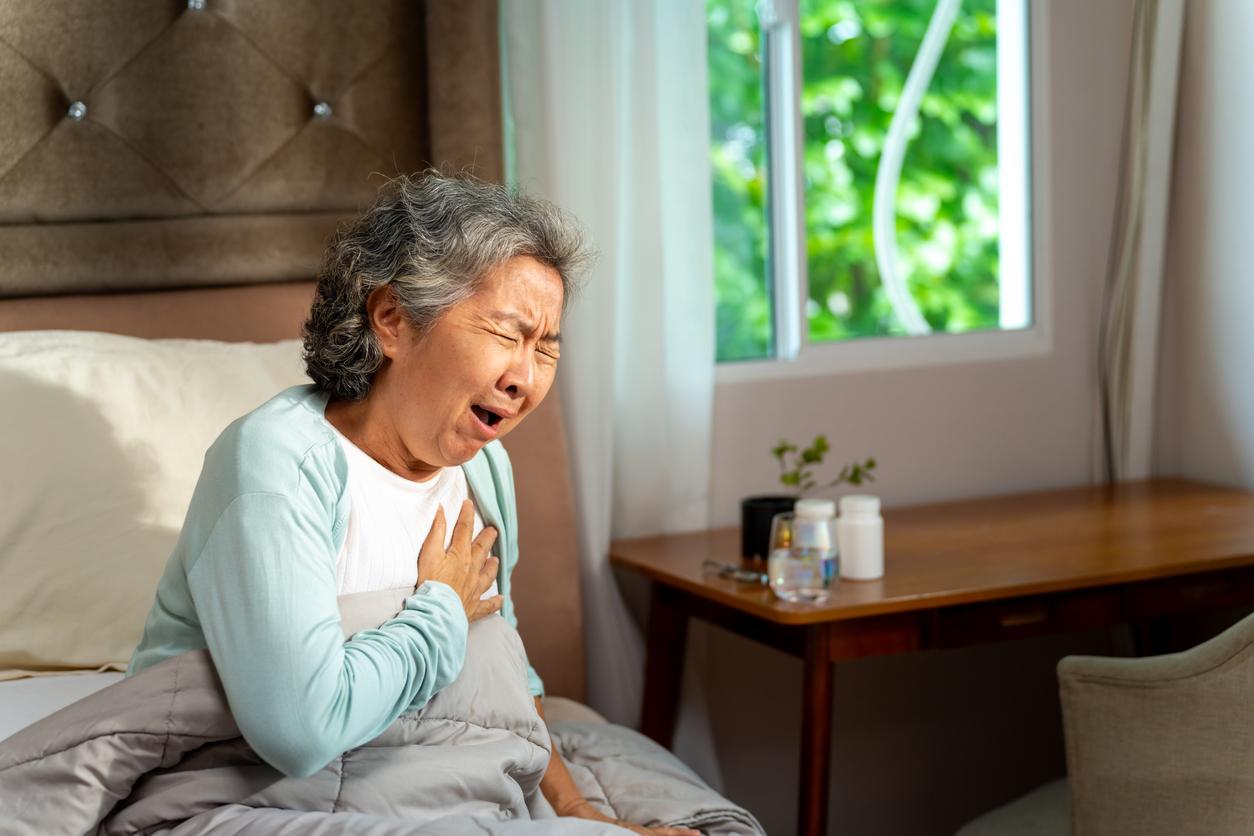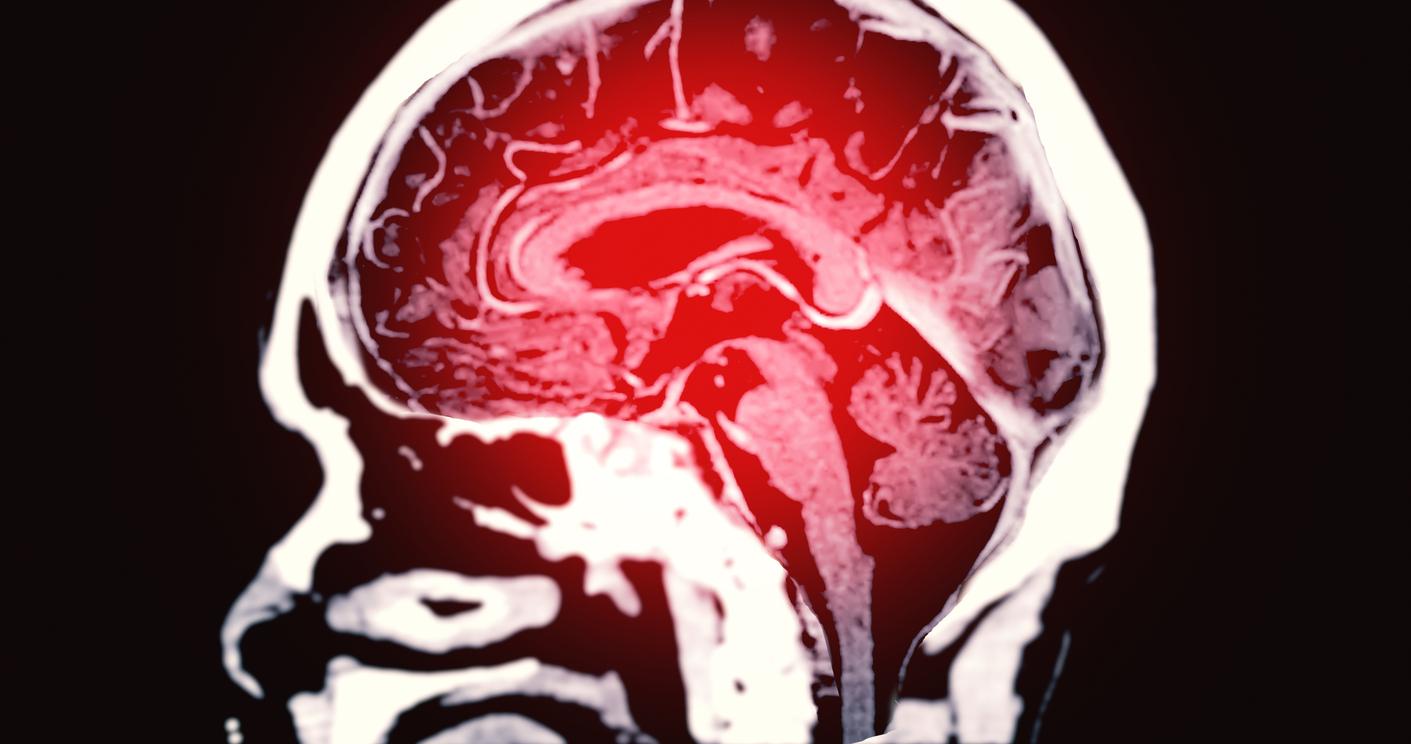The sequelae of a stroke could be reduced significantly, thanks to the venom of a spider, even 8 hours after the accident.

The venom of one of the world’s most dangerous spiders is believed to contain a molecule capable of protecting the brain from damage in a stroke, suggests a study Australian published in PNAS.
“We believe that we have found, for the first time, a way to minimize the devastating effects of a stroke on the brain,” said Professor Glenn King, head of research and researcher in molecular biology at the university. from Queensland (Australia). Called Hi1a, this small protein would block one of the mechanisms responsible for brain damage from stroke.
The researchers discovered this protein by chance while sequencing the genome of toxins produced by Hadronyche infensa, a species of spider found in south-eastern Queensland, and New South Wales (Australia). The venom of this spider can kill a man in about fifteen minutes.

Effective even after 8 hours
But in this poison hides a remedy. Scientists isolated the Hi1a protein because it looked like a protein already well known for its neuroprotective properties. They then synthesized it in the laboratory and tested it on neurons and brain tissue in culture, then rats victims of stroke. “During these preclinical trials, we observed that a single dose of Hi1a administered 8 hours after stroke protects tissue and improves neurological performance,” explained Prof. King.
In their study, the authors indicate that the injection of this protein 2 hours after the stroke can reduce the damage of the stroke by at least 80%. If the injection is made within 8 hours, 65% of the damage is avoided.
“One of the most exciting results about Hi1a is its exceptional protection levels over 8 hours after stroke, it’s a remarkably long treatment opportunity,” commented the Australian doctor.
Human trials in 2 years
In addition, the protein protects the areas of the brain most affected by the lack of oxygen caused by stroke. These regions are generally considered irreparable due to the rapid death of neurons. Results: The treated rats recovered much faster than the untreated guinea pigs. Thanks to the Hi1a protein, normal lost functions could be restored. “This world first will help us provide better prospects for stroke patients by limiting the brain damage and disability caused by this serious trauma”, hopes Professor King.
The team is now preparing to test this molecule in humans. Clinical trials should be launched within the next 2 years. Work that arouses hope. “A safe and effective neuroprotective drug could be given to patients in the ambulance before they arrive at the hospital, which would increase the number of patients who can be managed,” commented Prof. Stephen Davis, director of the neurology center at Royal Melbourne Hospital (Australia).
In France, a person suffers a stroke every 4 minutes. With 40,000 deaths per year, stroke is the 1time cause of death in women and the 3th at men’s. For the survivors, around 30,000 each year, the consequences are serious and disabling.

.















